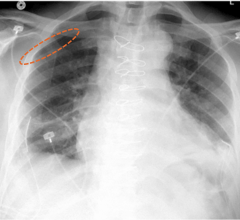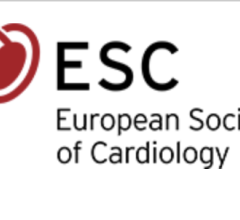June 8, 2022 — Us2.ai, a Singapore-based medtech firm backed by, IHH Healthcare, Heal Partners, Sequoia India, EDBI ...
Artificial Intelligence
This channel includes news and new technology innovations for artificial intelligence software, also referred to as deep learning, cognitive computing and machine learning. Specifically this page is for cardiac related AI technology integration for imaging appropriate use criteria (AUC), clinical decision support, predictive analytics, workflow improvements and automated diagnostics.
June 7, 2022 — ScImage Inc., a leading provider of enterprise imaging solutions and DiA Imaging Analysis, a global ...
May 26, 2022 — At the 69th Annual Conference of the Israel Heart Society, UltraSight, an Israeli-based digital health ...
Providing exceptional cardiovascular care for patients to achieve the best possible outcomes is the number one goal for ...
May 24, 2022 — Anumana, Inc., an AI-driven health technology company from nference, Inc., today announced that the U.S ...
May 18, 2022 — A new app developed by the Mayo Clinic transmits Apple Watch electrocardiograms (ECG) signals recorded in ...
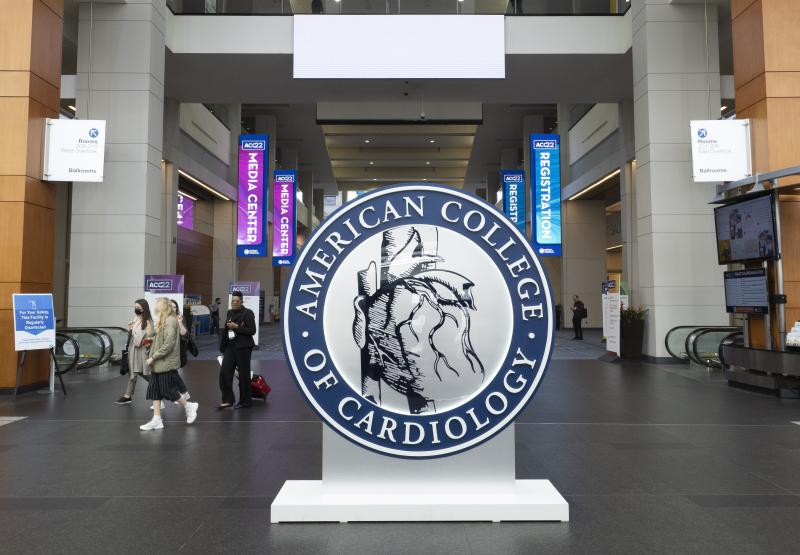
In April, the cardiology community converged face-to-face in Orlando for The American College of Cardiology’s (ACC22) ...
Today, cloud-native analytics can automate data acquisition and synthesize complex data from multiple sources. Here, we ...
May 4, 2022 – Single-lead ECG tracings from an Apple Watch interpreted by an artificial intelligence (AI) algorithm ...
April 29, 2022 – Aurora St. Luke’s Medical Center in Milwaukee is the first site in the country to join a clinical trial ...
April 27, 2022 – Omega Medical Imaging has announced the release of the revolutionary Soteria.AI. Designed specifically ...
New research shows superiority of Ultromics’ AI in predicting cardiac-related death As the use of artificial ...
April 20, 2022 – Researchers from the RIKEN Center for Advanced Intelligence Project (AIP) and colleagues have tested ...
April 6, 2022 – Myocarditis (inflammation of the heart muscle) is usually caused by viruses, such as in Covid-19 disease ...
April 2, 2022 — Royal Philips, a global leader in health technology, today announced the launch of Ultrasound Workspace ...
April 2, 2022 — Aidoc, a leading provider of healthcare AI solutions, announced that it received FDA 510(k) clearance ...
March 31, 2022 – Healthcare AI solutions provider Aidoc will be delivering a live demonstration of its comprehensive AI ...
March 31, 2022 — The annual congress of the European Heart Rhythm Association (EHRA), a branch of the ESC, will be held ...

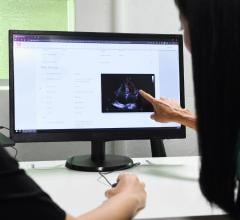
 June 08, 2022
June 08, 2022
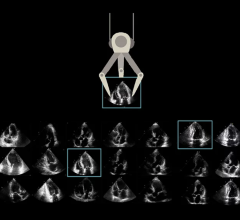
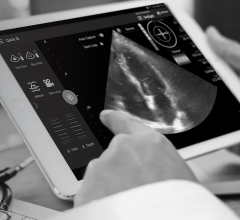

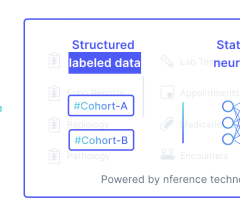


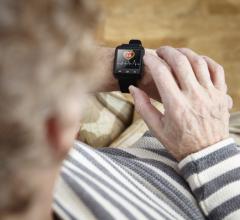
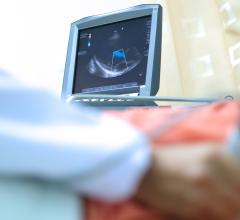
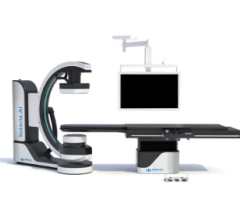
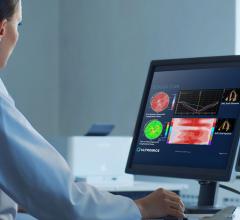
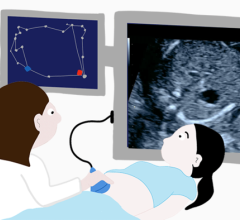
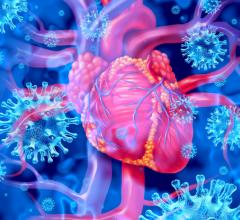
![Royal Philips, a global leader in health technology, today announced the launch of Ultrasound Workspace [OLK1] at the American College of Cardiology’s Annual Scientific Session & Expo (ACC 2022).](/sites/default/files/styles/content_feed_medium/public/philips-ultrasound-workspace-cardiology-diagnosis.jpeg?itok=VFUpaaT2)
